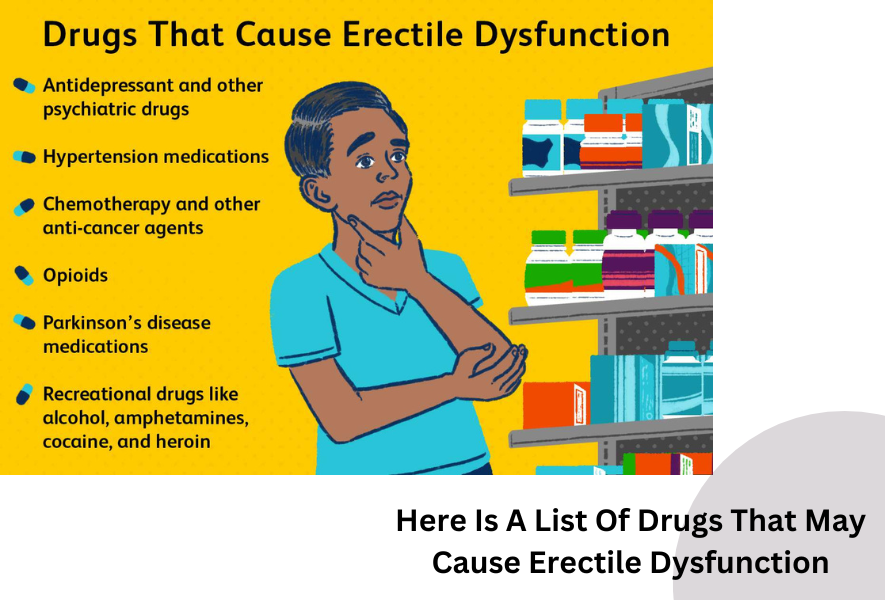Exploring the Health Benefits of a Plant-Based Diet in the New Year
As the new year dawns, many individuals reconsider their dietary habits, often seeking healthier and more sustainable options. Among the various diets gaining popularity is the plant-based diet, which is primarily focused on foods derived from plants. This approach to eating has garnered attention for its potential health benefits. In this context, let’s explore the question: “Is a plant-based diet really healthier?” and see what experts have to say, also considering how this diet might relate to products like Cenforce 100, Sildalist 120, and Vidalista 60, which are typically associated with Myedmedicine, a platform known for health-related products.
Understanding Plant-Based Diets:
A plant-based diet is centered around foods primarily from plant sources. This includes fruits, vegetables, grains, nuts, seeds, and legumes. While it doesn’t necessarily exclude animal products, it does minimize their consumption. The emphasis is on whole, minimally processed foods.
Nutritional Aspects:
-based diets are rich in essential nutrients. They are high in fiber, vitamins, minerals, and antioxidants while being lower in saturated fats and cholesterol compared to typical Western diets. Experts point out that such diets can lead to better health outcomes, including reduced risks of heart disease, certain cancers, and type 2 diabetes.
Heart Health:
A major benefit of a plant-based diet is its impact on heart health. Foods rich in fiber and antioxidants, such as fruits and vegetables, can lower blood pressure and cholesterol levels, reducing the risk of heart disease. This aspect is particularly relevant for individuals interested in or currently using heart health-related products like Cenforce 100 or Vidalista 60 from platforms like Myedmedicine.
Weight Management:
Due to their lower calorie density and high fiber content, plant-based diets can be effective for weight loss and management. Fiber contributes to a feeling of fullness, helping to reduce overall calorie intake.
Diabetes and Blood Sugar Control:
A plant-based diet can also be beneficial in managing and preventing type 2 diabetes. The high fiber content helps regulate blood sugar levels, which is an important consideration for those looking at medication options such as Vidalista 60 from Myedmedicine for related health conditions.
Potential Nutrient Deficiencies:
While plant-based diets are generally healthful, they can lack certain nutrients found more abundantly in animal products, such as Vitamin B12, iron, calcium, and omega-3 fatty acids. Therefore, individuals following this diet need to plan carefully to ensure they receive all necessary nutrients, potentially supplementing with products from sources like Myedmedicine.
Environmental Impact:
Aside from health benefits, a plant-based diet is often highlighted for its lower environmental impact. Producing plant-based foods generally requires fewer resources and results in lower greenhouse gas emissions compared to animal farming.
Incorporating Plant-Based Options:
For those interested in transitioning to a plant-based diet, experts recommend starting slowly. Incorporating more fruits, vegetables, whole grains, nuts, and seeds into one’s diet while reducing the intake of animal products can be an effective strategy.
Considerations for Medication Users:
Individuals using medications such as Sildalist 120 or Cenforce 100, commonly available on platforms like Myedmedicine.com, should consult.com with healthcare professionals before making significant dietary changes. This is to ensure that their diet complements their medication regimen and overall health needs.
Read more: All your man wants for Christmas is erectile dysfunction pills
Conclusion:
In conclusion, a plant-based diet offers numerous health benefits, including improved heart health, better weight management, and potential in managing diabetes. However, it’s essential to approach this diet mindfully to ensure a balanced intake of all necessary nutrients. As with any significant lifestyle change, it’s advisable to consult with healthcare professionals, especially for those using specific medications like those available from Myedmedicine. This holistic approach ensures that dietary choices align well with one’s overall health objectives and medical considerations.



